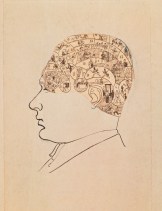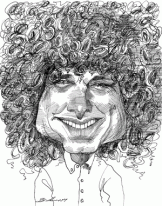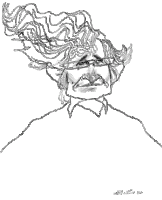More from the Review
Subscribe to our Newsletter
Best of The New York Review, plus books, events, and other items of interest
Advertisement
More from the Review
Subscribe to our Newsletter
Best of The New York Review, plus books, events, and other items of interest
John R. Searle is the Slusser Professor of Philosophy at the University of California, Berkeley. His most recent book is Making the Social World. (October 2014)

What Your Computer Can’t Know
The 4th Revolution: How the Infosphere Is Reshaping Human Reality
by Luciano Floridi
Superintelligence: Paths, Dangers, Strategies
by Nick Bostrom
October 9, 2014 issue

Can Information Theory Explain Consciousness?
Consciousness: Confessions of a Romantic Reductionist
by Christof Koch
January 10, 2013 issue

The Mystery of Consciousness Continues
Self Comes to Mind: Constructing the Conscious Brain
by Antonio Damasio
June 9, 2011 issue
Why Should You Believe It?
Fear of Knowledge: Against Relativism and Constructivism
by Paul A. Boghossian
September 24, 2009 issue
Consciousness: What We Still Don’t Know
The Quest for Consciousness
by Christof Koch
January 13, 2005 issue

‘Sneaked’ or ‘Snuck’?
Words and Rules: The Ingredients of Language
by Steven Pinker
March 14, 2002 issue

End of the Revolution
New Horizons in the Study of Language and Mind
by Noam Chomsky
February 28, 2002 issue
I Married a Computer
The Age of Spiritual Machines: When Computers Exceed Human Intelligence
by Ray Kurzweil
April 8, 1999 issue
Subscribe and save 50%!
Read the latest issue as soon as it’s available, and browse our rich archives. You'll have immediate subscriber-only access to over 1,200 issues and 25,000 articles published since 1963.
Subscribe now